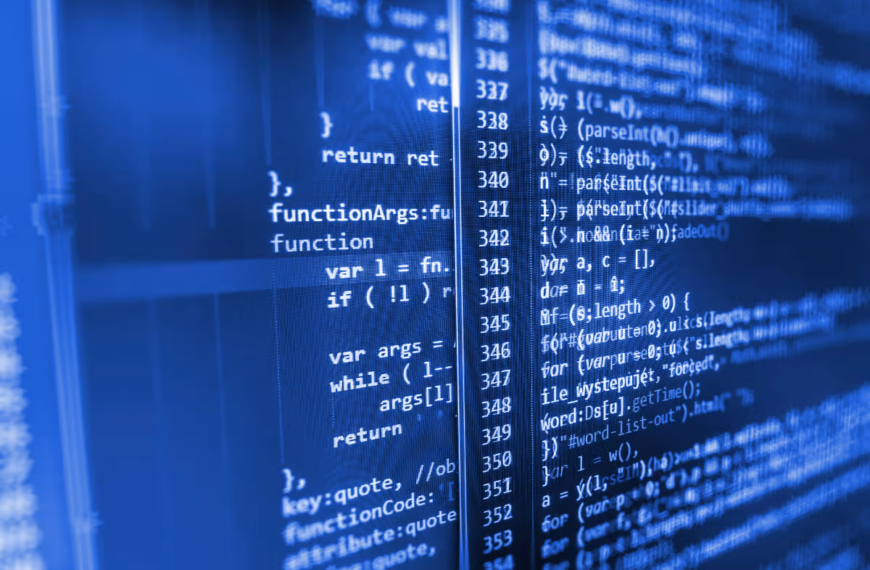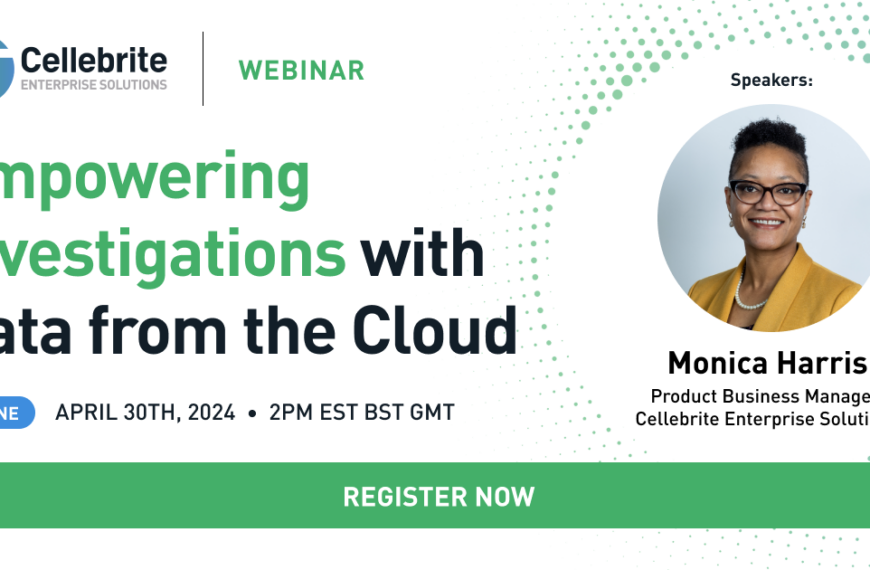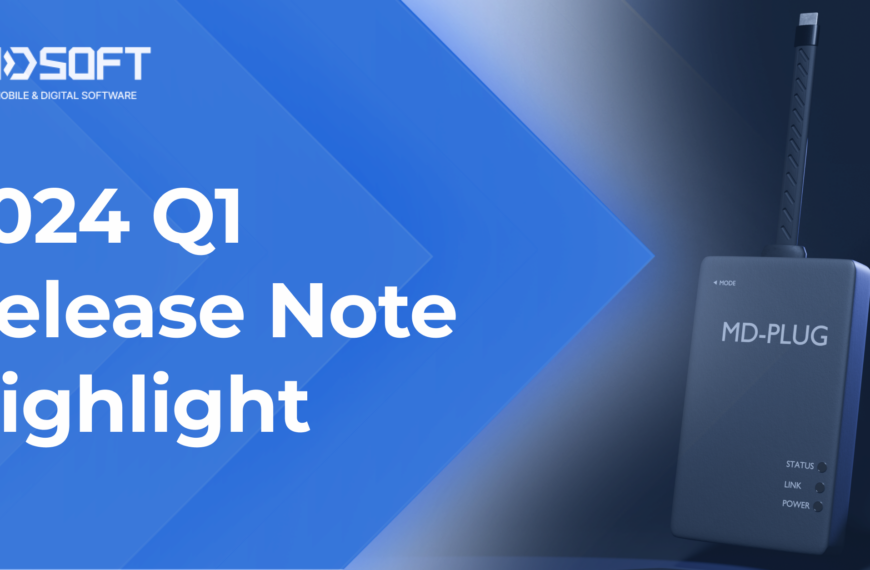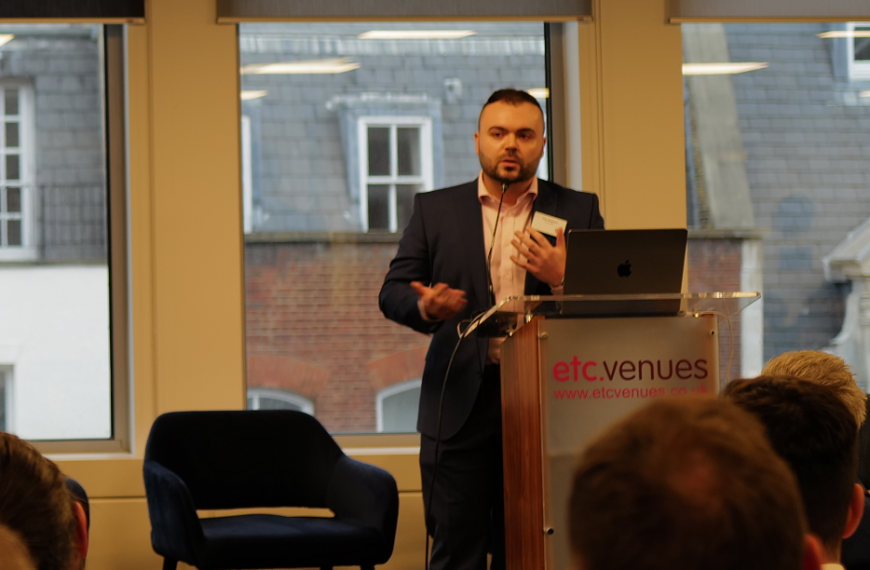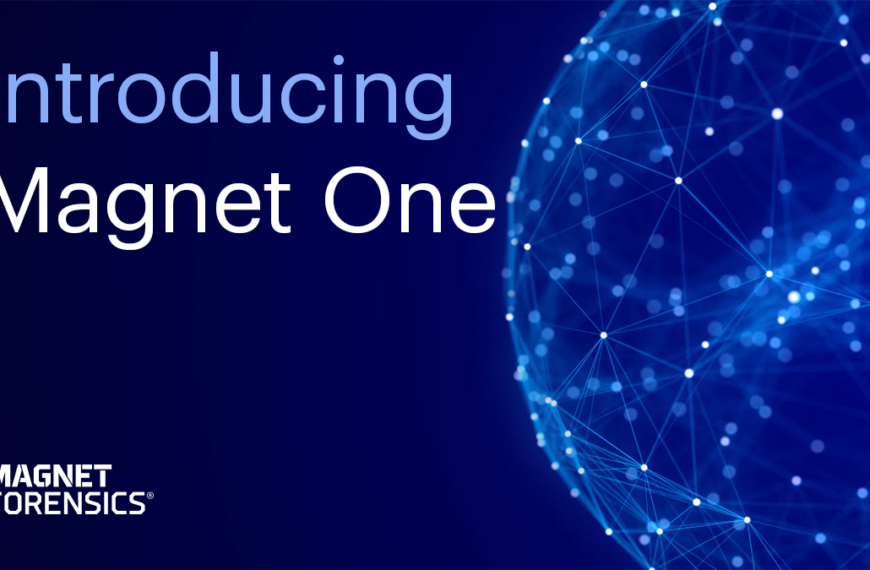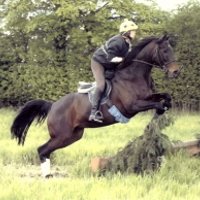 Jan, how did you get started in computer forensics?
Jan, how did you get started in computer forensics?
I decided to specialise in forensics after meeting a bunch of lads from the Hi-Tech Crime Unit at a conference in London in about 2002. For a start, they had all this groovy kit on their stand, which induced serious Gadget Envy. But when they described what they actually did, I was totally sold. I’d spent a long time in undercover investigations, so the idea of snooping around systems for dodgy deeds really appealed to me. I also jump at any chance to get my screwdrivers out and take stuff apart. It was a dream combination.
Can you tell us something about the type of work you do now?
I mostly do Corporate and Legal investigations. Largely, these involve fraud, IP theft and staff computer misuse though I have also turned up evidence of drug dealing and software piracy.I also take on Criminal cases. Sadly, these usually involve child exploitation issues, but I’ve also dealt with Blackmail and Terrorism.
What tools do you use? What do you like about them? What aspects do you think could be improved?
I use all the regulars – EnCase, FTK, XWays – plus lots of smaller applications for specials, such as parsing Prefetch. The tools are fantastic for getting you up and running on a case straight away. Automatic carving also saves an awful lot of time. I never completely trust any of them, though. I like to compare and contrast results. I like to follow my own instincts, too. As for how the tools could be improved, like most examiners, I’d like some to be a lot more stable. Nothing worse than waiting a couple or three days for a case to process then coming in to find the software’s locked itself solid. Processing time is the other big issue but with Terabyte drives becoming commonplace, I don’t see that improving soon.
Jan, you have an impressive array of qualifications and training courses under your belt – how do you feel about the training on offer in computer forensics? What advice would you give to someone looking for training?
Two prongs to this one: I think the standard of training offered by vendors such as Access Data and Guidance is excellent. They have some very knowledgeable presenters, so you get way more than a load of hands-on with the forensic tools involved, though this, too, is important. The standard of training on some of the so called ‘Computer Forensics’ courses offered by Universities, is a different matter. Important basics, such as correct forensic procedure, are frequently overlooked. Students come away knowing a lot about Information Risk and Security but hardly anything about how to handle a suspect box in the field. Advice for people looking for training: You won’t go wrong with Guidance or Access Data,. Buy a Training Passport to offset the extreme pain of what it’s going to cost if you’re not Law Enforcement.
I'd like to ask (almost inevitably!) about women in computer forensics, of whom you seem to be one of very few at the moment. Can you tell us something about your experience as a woman working in this field?
Things are changing and more women are getting into forensics in this country. In the past, like most things with a science / technology bent, I think it’s been seen as a man’s job. Also, it used to be difficult to get the training unless you were in Law Enforcement or the Military and, let’s face it, both of those arenas have been pretty male-dominated.
In my experience, it’s still a shock to the majority of people when a women grabs a computer, pops it on the floor and starts taking it apart. They just don’t expect it. Especially if you’re not in black trousers and built like a stevedore. However, research has yet to prove that skirts and high heels impair either your manual dexterity or mental acuity.
The ingraincd perceptions hang on, nevertheless. In these PC days, it’s an unspoken undercurrent, but it’s there all the same. An example was the time, a couple of years ago, when prominent women members of a certain well-known security body were asked to speak at a day-long event. These events were always very well attended. This time, though, hardly anyone showed and after lunch, the room was an embarrassment. Afterwards, I spoke privately to some trusted males and asked whether the reaction hadn’t been just a tintsy bit gender specific. In every case, the answer was a shuffling of feet and, “Yes, well, you know… ” Yes, well, I do, actually. Guys generally still think they have diddly-squat to learn from women.
What qualities do you think are most important for anyone working in computer forensics?
Attention to detail and thinking outside the box.
What is the most rewarding part of your job? What aspect of your job do you find most challenging?
Results are the most rewarding part! I particularly enjoy outsmarting the computer user who thinks they’ve covered their tracks. The most challenging aspect is proof – can you really prove whose hands were on the keyboard? As computer analysts, we’re actually dealing with circumstantial evidence. Building a compelling case that a certain person was responsible for certain actions is difficult.
What do you do to relax when you're not working?
That’s a bit personal, isn’t it ? ((-:
Also, I have a big, fast, ex-racing Thoroughbred. We go for a good gallop most days.









